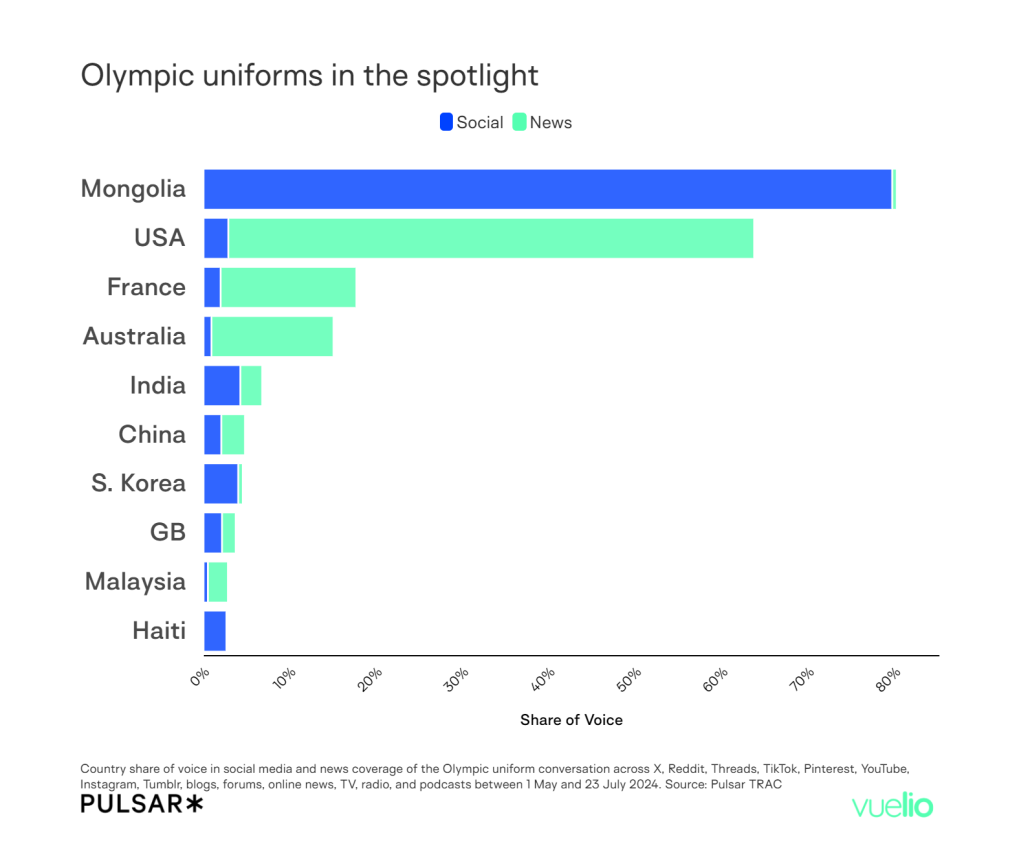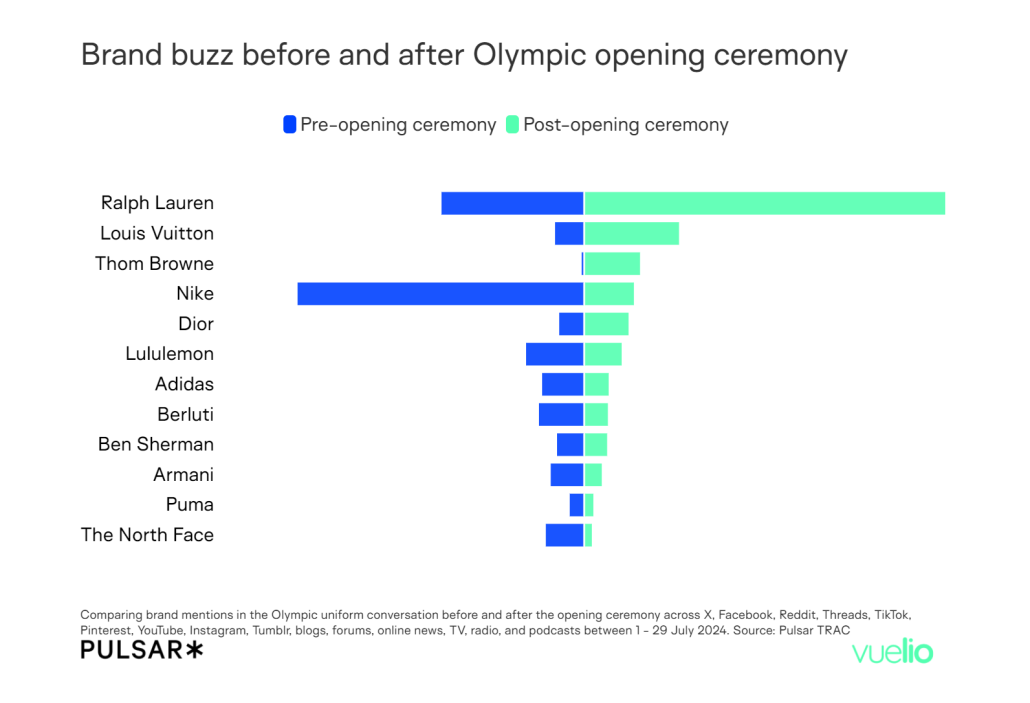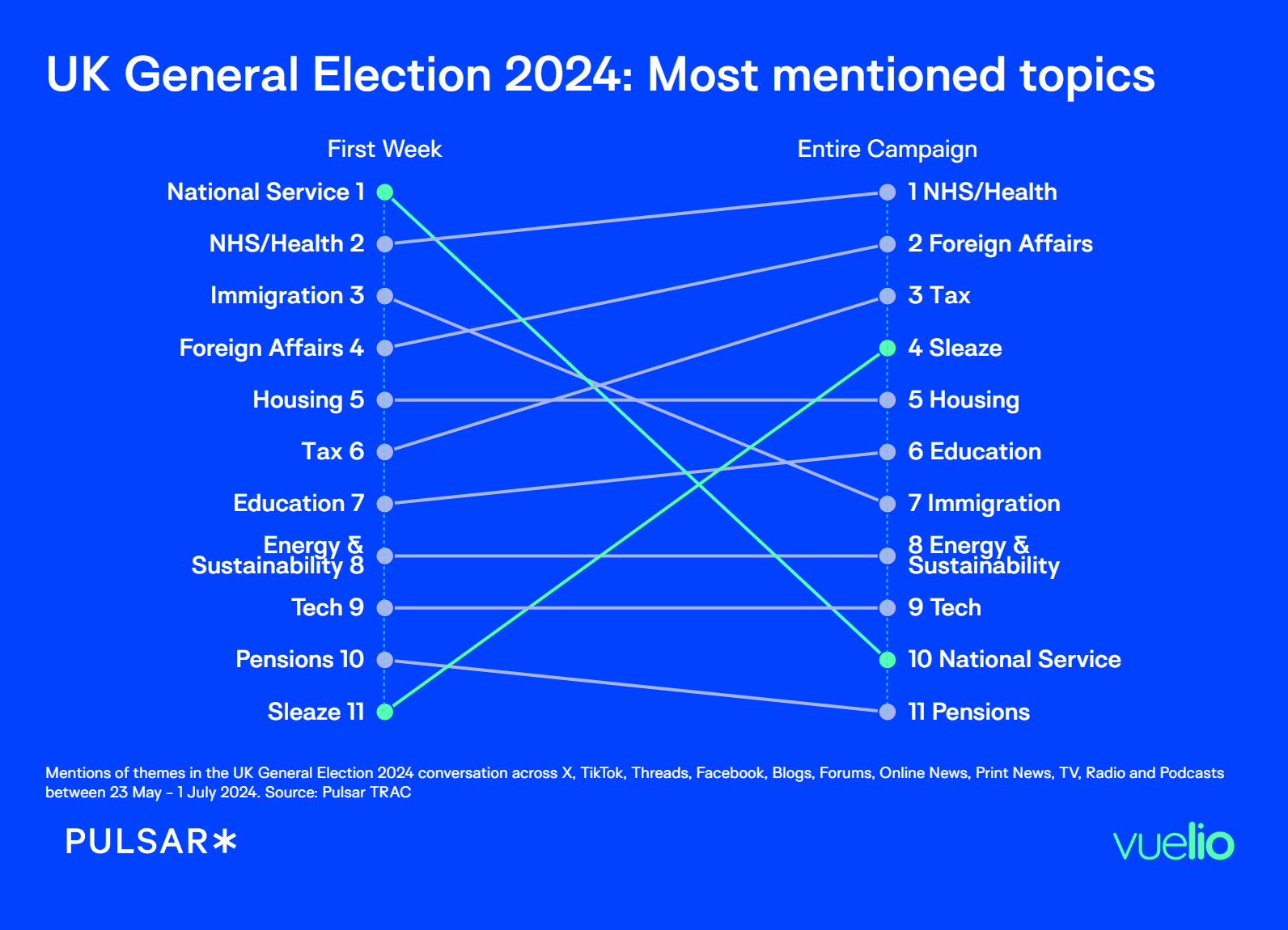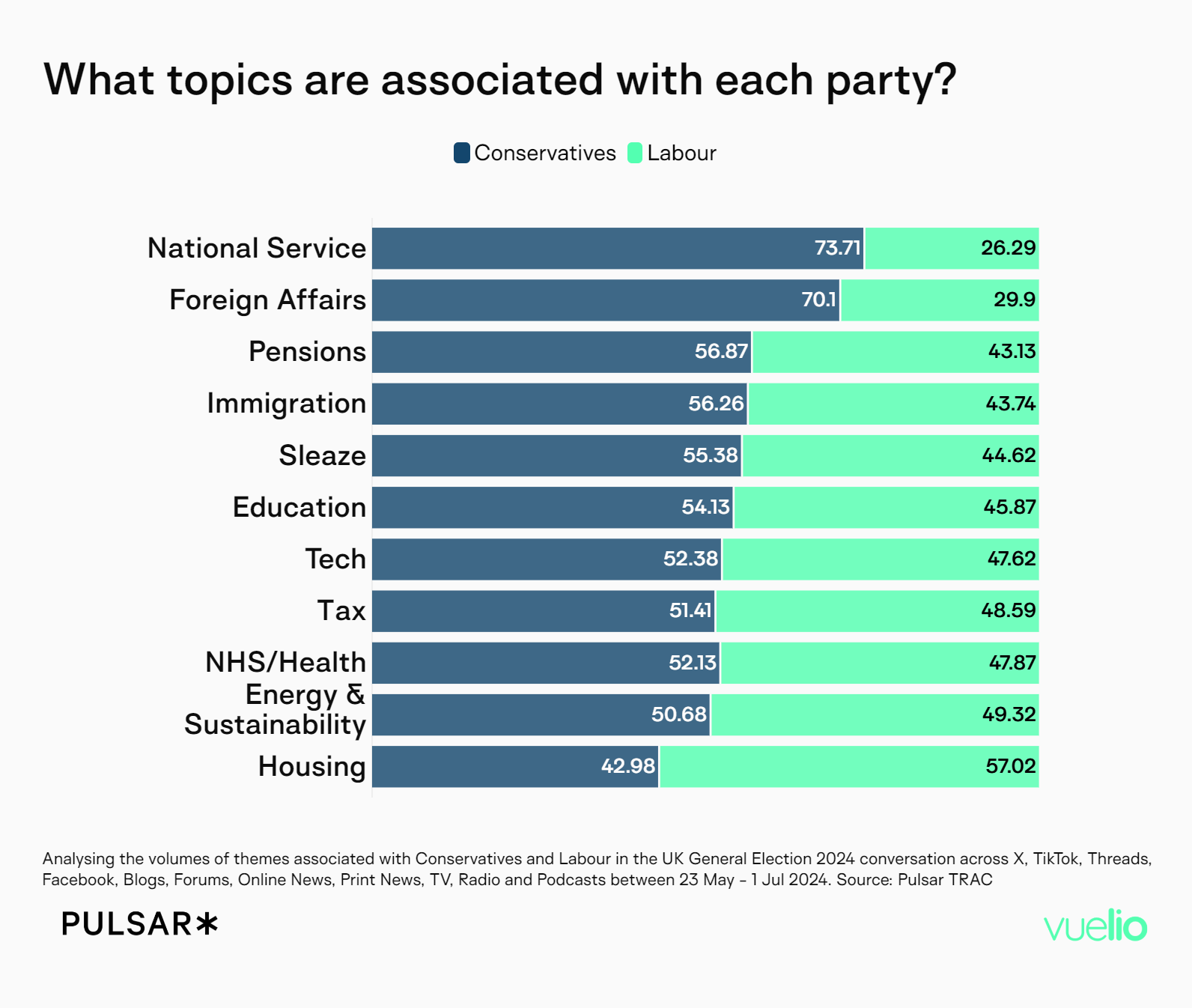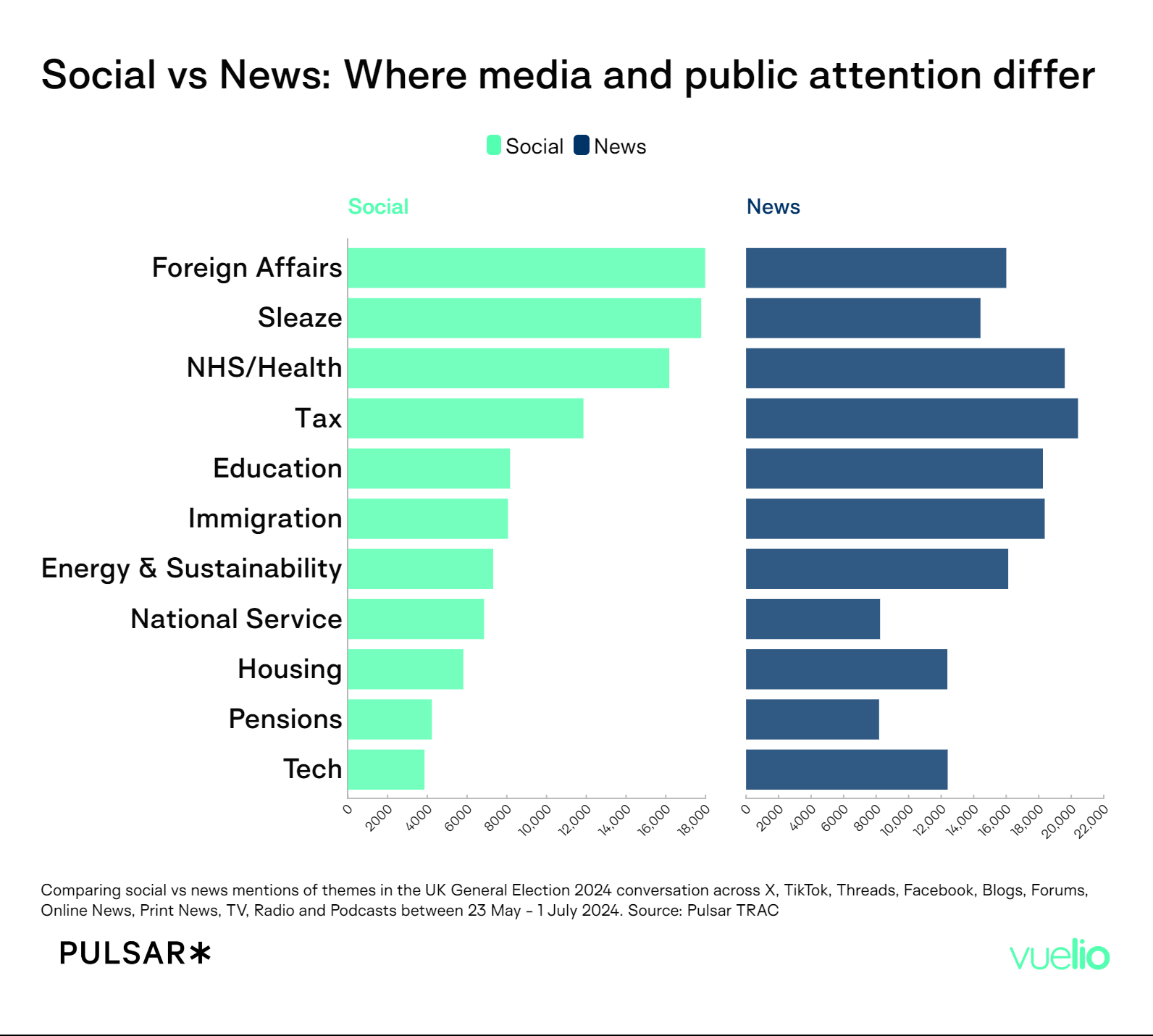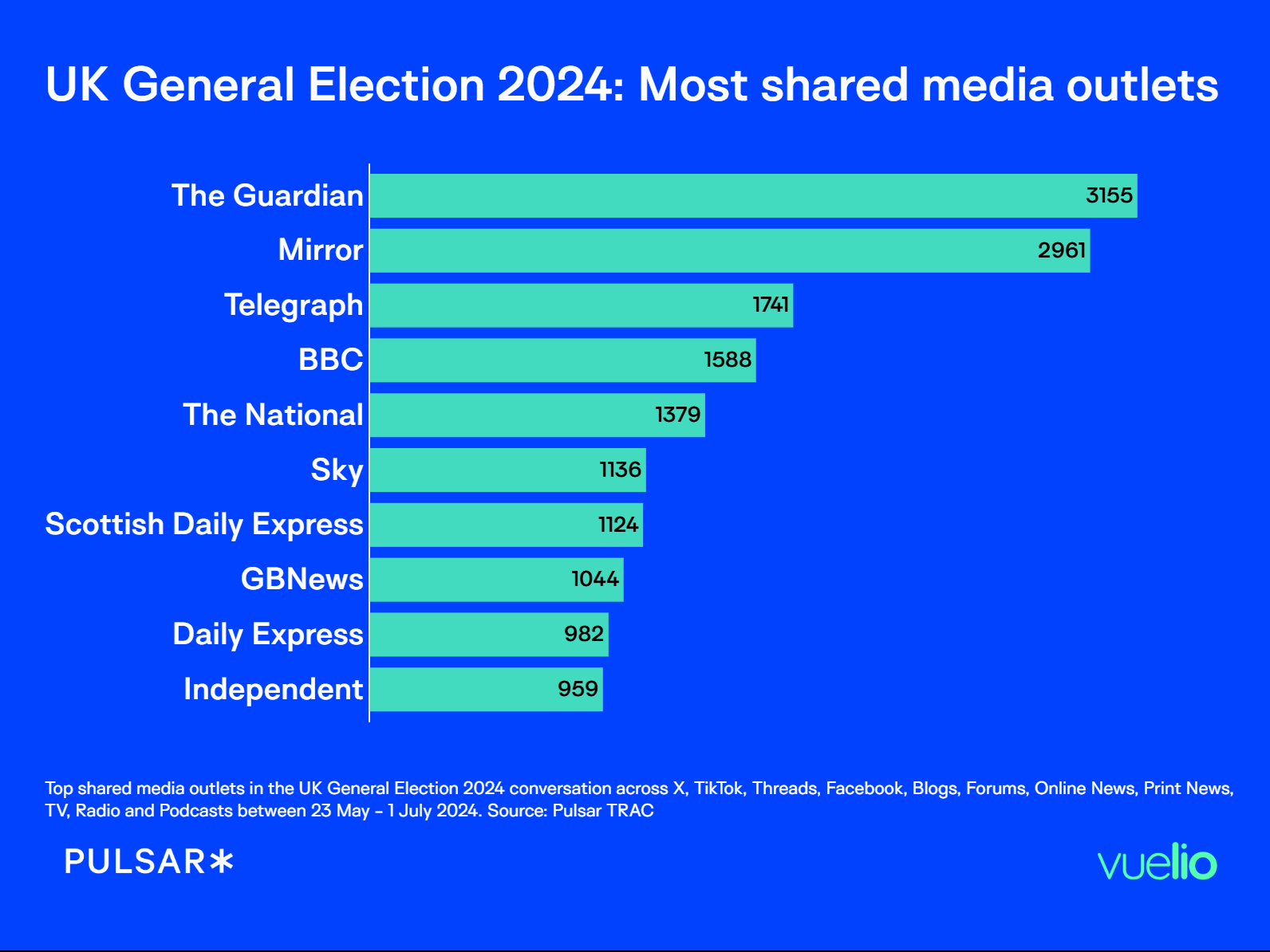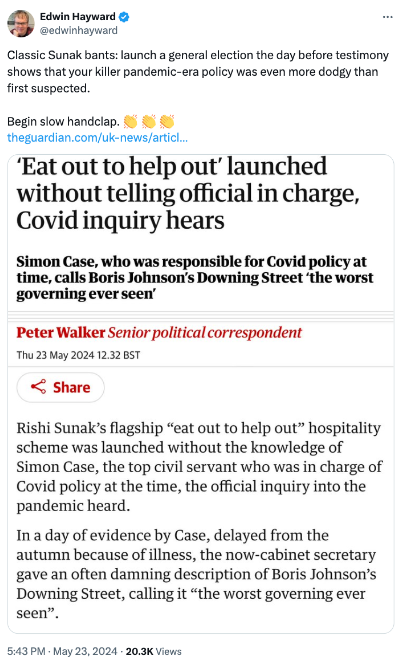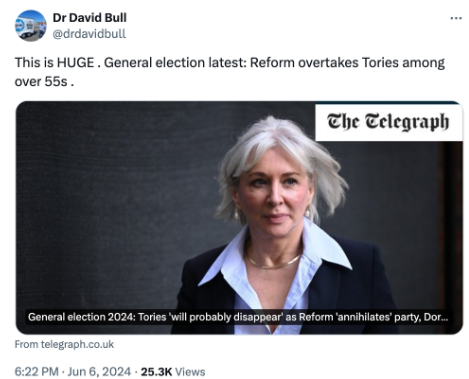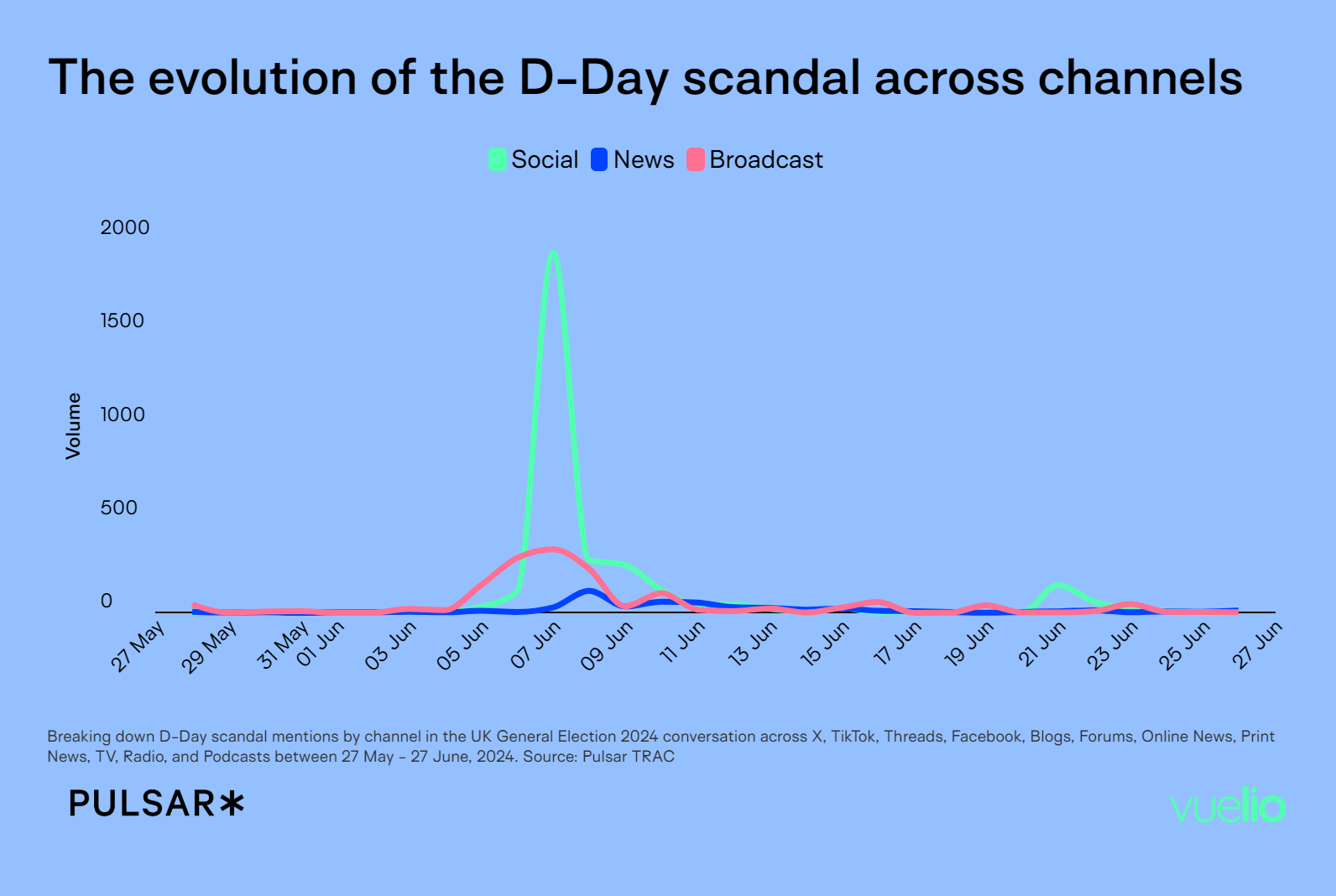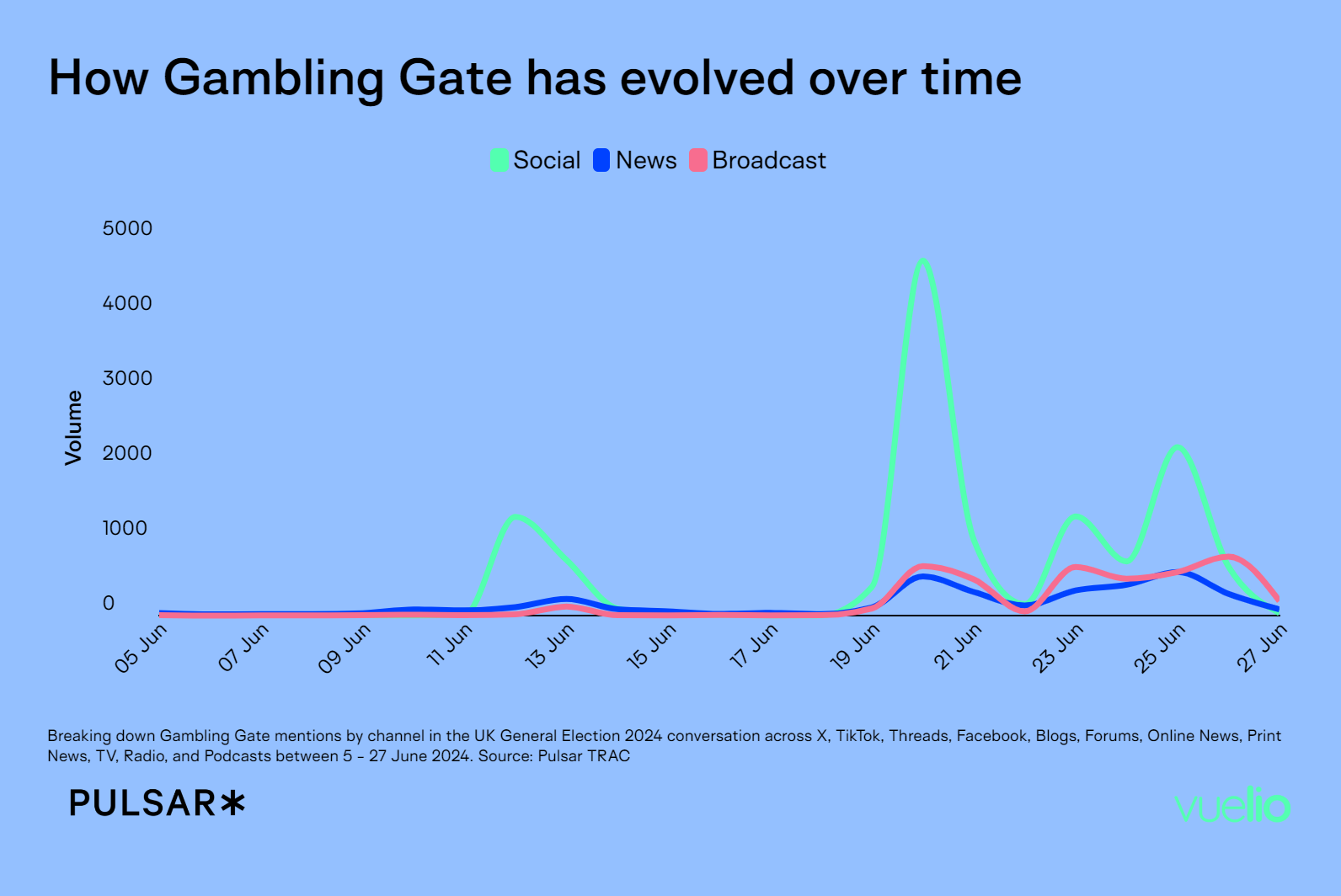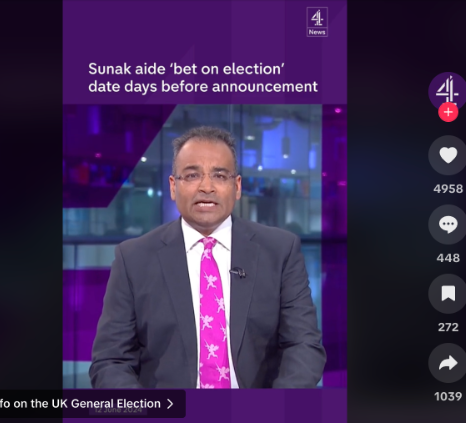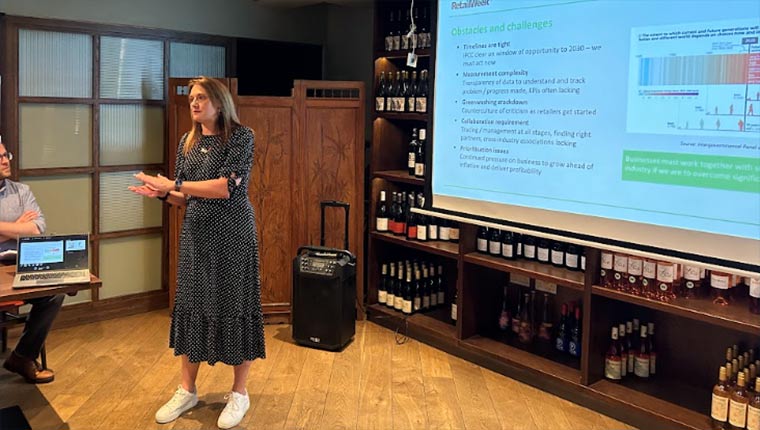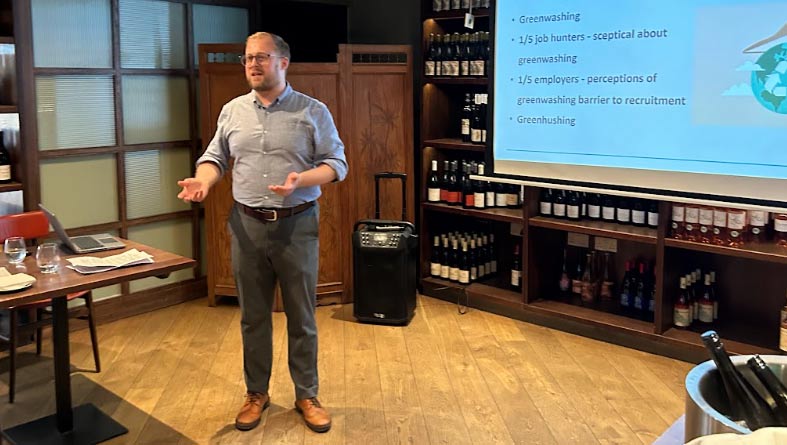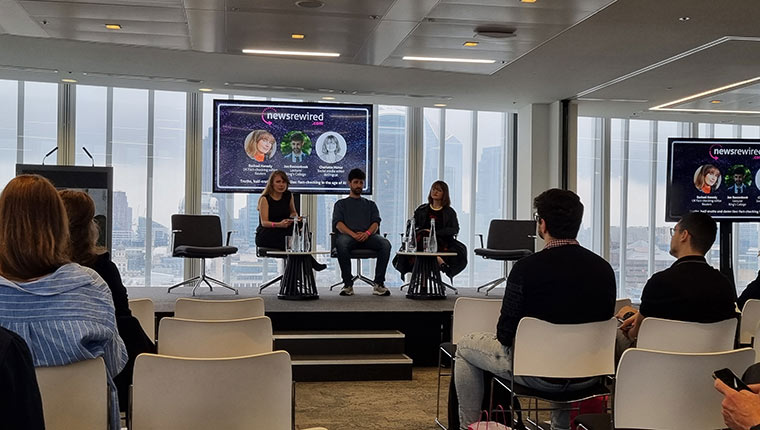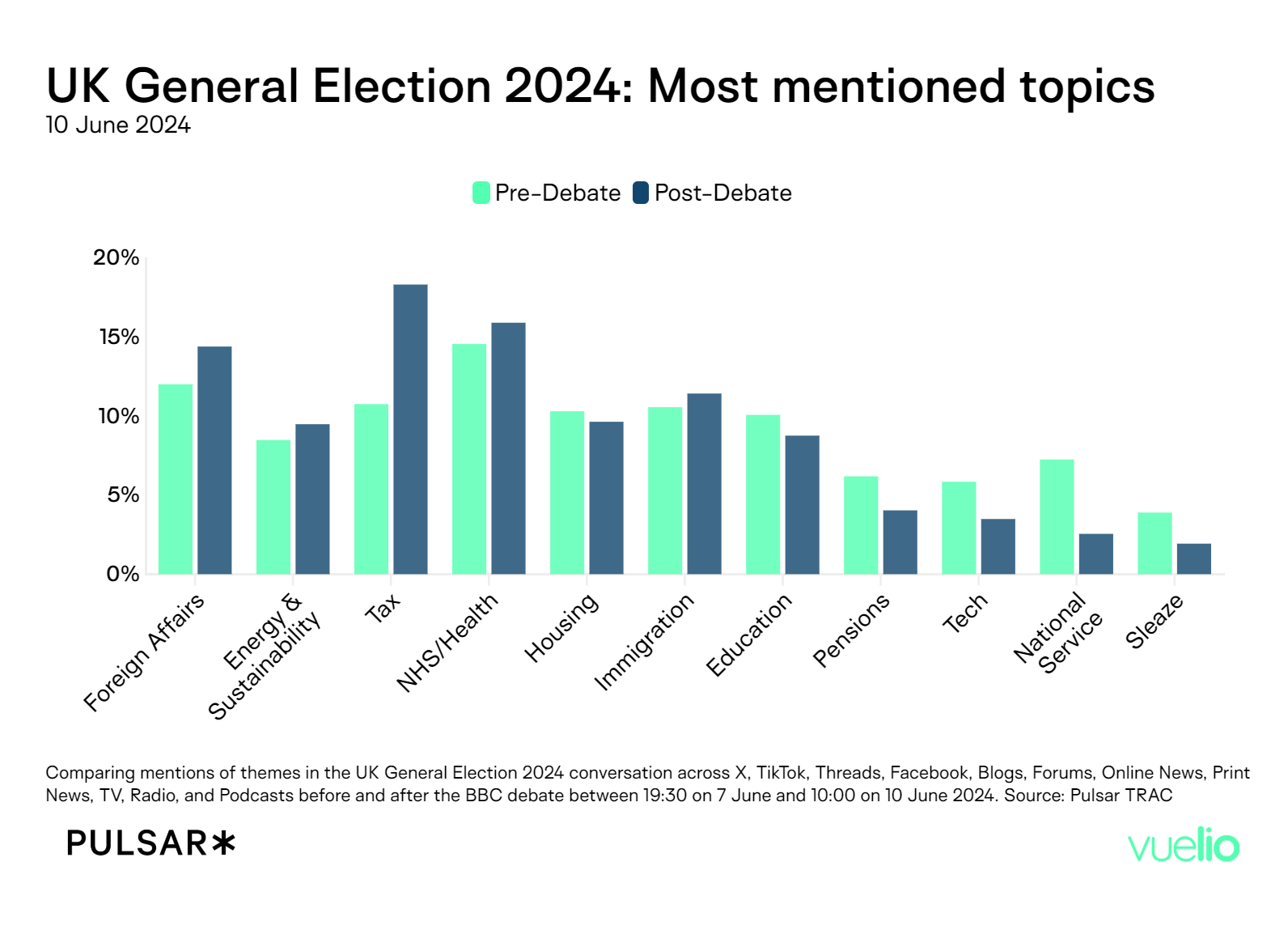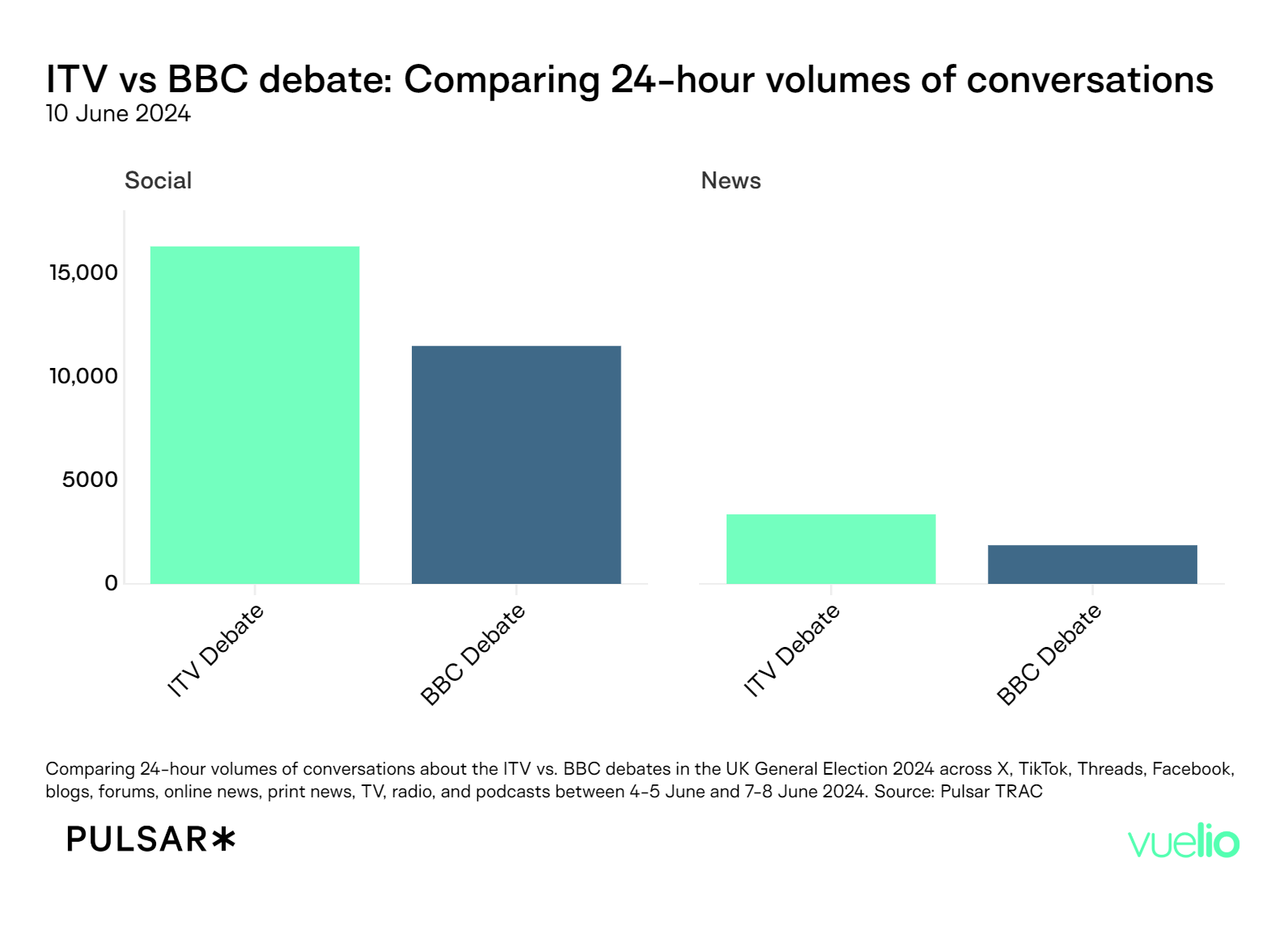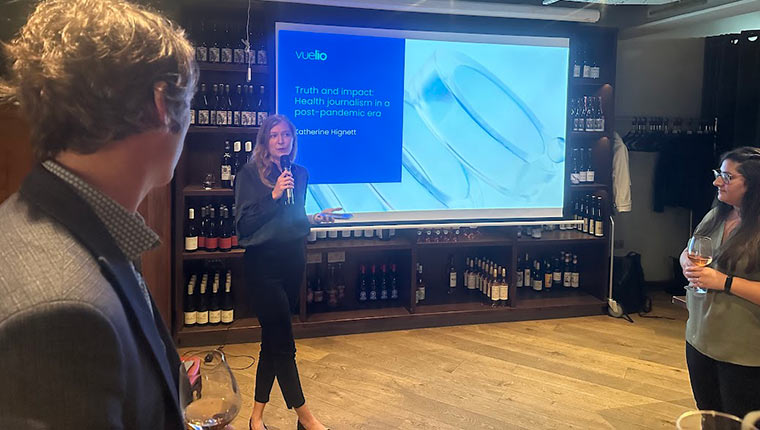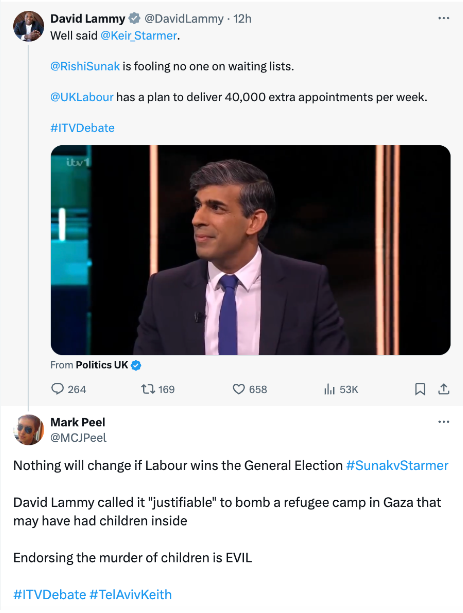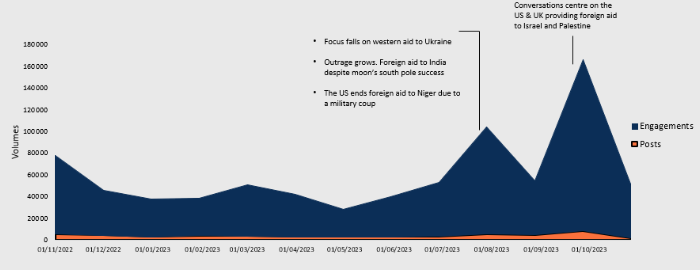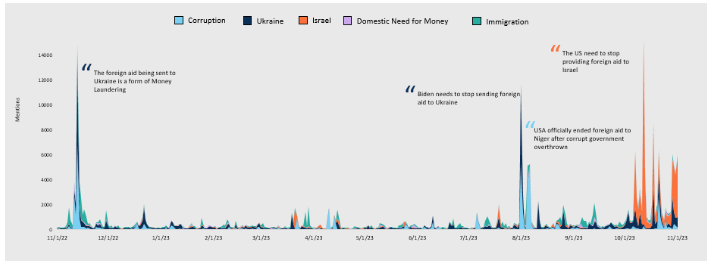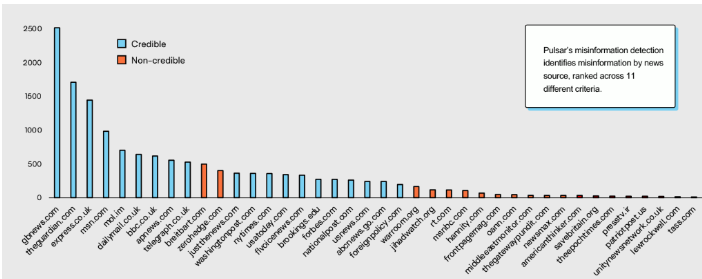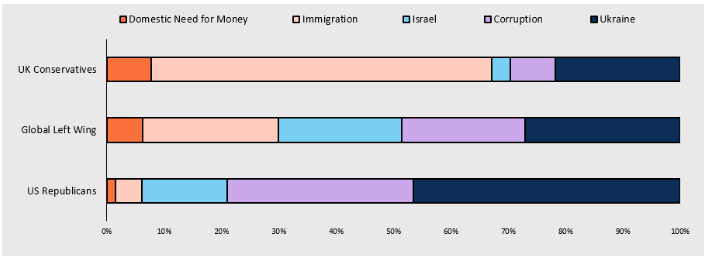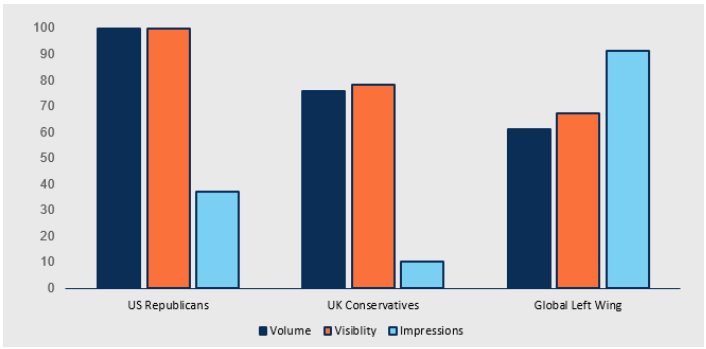‘We love creating content around talent’ – Media interview with head of content at Reach Studio, Yara Silva
Social media has been an important tool for both journalists and PRs for well over a decade already, but the rapid rise of TikTok has meant an increased focus on vertical video to reach new audiences. Want to get your brand featured in a publisher’s video creation?
Yara Silva has recently been appointed as head of content at Reach Studio – here, she sheds light on how PRs can collaborate with the media to create content in this increasingly popular format.
‘If you’re trying to get a journalist’s attention and you have talent on board working with you – that’s always a big draw.’
What does a typical working day/week look like for you at the Reach Studio?
I’m not sure there is such a thing as a typical day. I have a lot of meetings, because my role involves liaising with lots of different parts and lots of different people within the company, internally and externally. I head up the content part of Studio, which is wide-ranging. We have the branded content team, our social video experts, and we have the site video team. We have an ideation team as well, and they come up with the big ideas, so it’s fun to work with them.
Our Mirror Gaming brand and our youth brands, Curiously and Hear Me Out are also a big part of what we do. They are brands for young people, run by young people. It’s been brilliant to work with them, as I’ve not had the opportunity before. They’re so talented and they’re content creators who are just real digital natives. Bringing them closer in with the rest of the teams working on video has been brilliant, because we’re learning from them and they’re learning from the wider teams too
Vertical video is becoming a big focus for many media organisations – how can PRs help journalists with this form of content creation?
I think the best stuff that we’ve got through PRs has always been around the talent that they have on board working with them. Media organisations and people working in video love creating content around talent. If you have a sports star associated with your brand, offer us your sports star. We would love to go and create content around that. If you’re trying to get a journalist’s attention and you have someone on board working with you, I’d say that’s always a big draw.
How can PRs make the most of social media – both engaging with journalists and promoting their brand?
I think social media is an easy way to engage with journalists, because they’re often on there, looking for products or for people to speak to. Keeping an eye out for journalists making journo requests is quite a simple way of making the most of social media.
In terms of promoting brands, jumping on trends is a good way of keeping your brand relevant; also using humour. The current Marks and Spencers social video campaign – featuring Spencer Matthews and Mark Wright (Mark and Spencer) – they’re all very funny and quite simple, but it’s led to lots of other brands jumping on the bandwagon.
Journalists are increasingly making use of social media as research tools – what are the pros and cons of this?
I think there’s a lot more pros than there are cons. Social media gives you access and opens your eyes to different people and different ways of thinking that you might not be exposed to if you’re not on social media. Obviously, that’s a cornerstone of journalism – opening people’s eyes to things that they don’t necessarily always get to see.
A big con, though, is fake news. Misinformation is huge on social media, but I think journalists are pretty savvy about that. At Reach, we have a lot of training around it, and I think other publishers do, too. I think we just need to make sure that we’re always informing the audience about it too, so that they don’t get misled.
What is your opinion of the use of AI in journalism?
I think there are places where it can be really useful. Any tool that can help journalists save time, or just help a journalist do their job, shouldn’t be disregarded. We’re all so busy and there are a lot of repetitive tasks that do take up a lot of time. That bit could be made easier with AI.
Anything that we do with AI needs to be constantly re-evaluated. We don’t ever want AI to be taking journalists’ jobs. We want it to be helping journalists make the most of their time. There are massive risks involved but there are time saving and really helpful uses for it.
Within Reach, we have an AI tool which we created called Guten. It’s more for articles though, so it’s not really for video, but it helps us to make sure that we’re getting content across different titles in the most effective way possible. The journalists use that a lot. However, we’re being incredibly cautious of how we’re using it and everything that we use goes through a very rigorous testing.
What contributions do you find most useful from PRs, and how/when should they contact you, or your team?
Email rather than phone. I think the most useful thing, like I said before, is access to talent. We’re always looking for stuff like that, or invites to events where we can make content. We’ve got so many titles. There are 120 brands within Reach, and the Reach Studio makes content for all of them. So we need content, and we can create content that gets shared very widely and goes to a lot of people. Therefore, if we can get invites to events where we can create really good content that we think our audiences would like, or access to talent, then that is super useful.
To connect with journalists across publishing, broadcast, and more, check out the Vuelio Media Database and the ResponseSource Journalist Enquiry Service.




